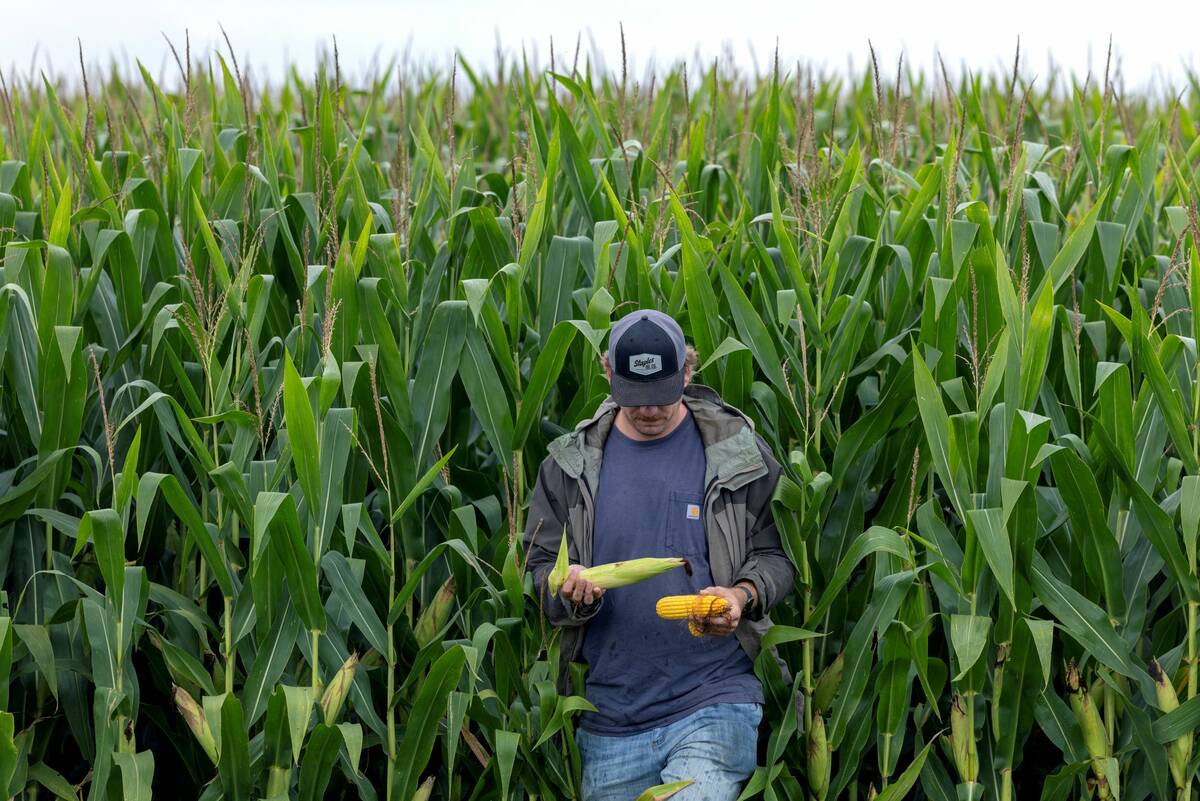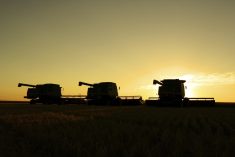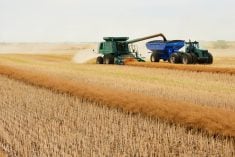MarketsFarm — Delays to spring seeding in some regions of Saskatchewan, such as the northeast, have opened the door for infestations of flea beetles, according to provincial pest management specialist James Tansey.
Canola crops that were planted later than normal are suffering from flea beetles, he said. Extremely late-seeded canola has been relatively free from them, however, as infestation depends on the stage canola plants are in.
“Crops in that static state can be pretty vulnerable to flea beetle feeding,” Tansey said, noting that once canola reaches the four leave stage they become rather tolerant of the pests.
Read Also

The U.S. corn crop could be the biggest ever. That’s terrible news for America’s farmers.
The USDA predicts a record corn crop for U.S. farmers, who question the agency’s accuracy amidst high debt and low crop prices.
The Tisdale area in the northeast has been particularly hard hit, with farmers spraying multiple times in an effort to control the beetles, he said. All regions of Saskatchewan have reported flea beetles, but with the northeast and southwest experiencing the highest levels.
Tansey said two varieties of flea beetles are at work this year: the striped and crucifer types. The males of both varieties produce pheromones attracting other flea beetles to feed and mate — in turn creating areas of localized damage.
What’s more, canola — through hydrolysis — produces allyl isothiocyanate (AITC), which also attracts flea beetles.
AITC normally acts as a defensive substance that’s effective against most insects, but not flea beetles, Tansey said, adding there have been high levels of AITC this year which helped to intensify gatherings of the pest.
— Glen Hallick reports for MarketsFarm from Winnipeg.













